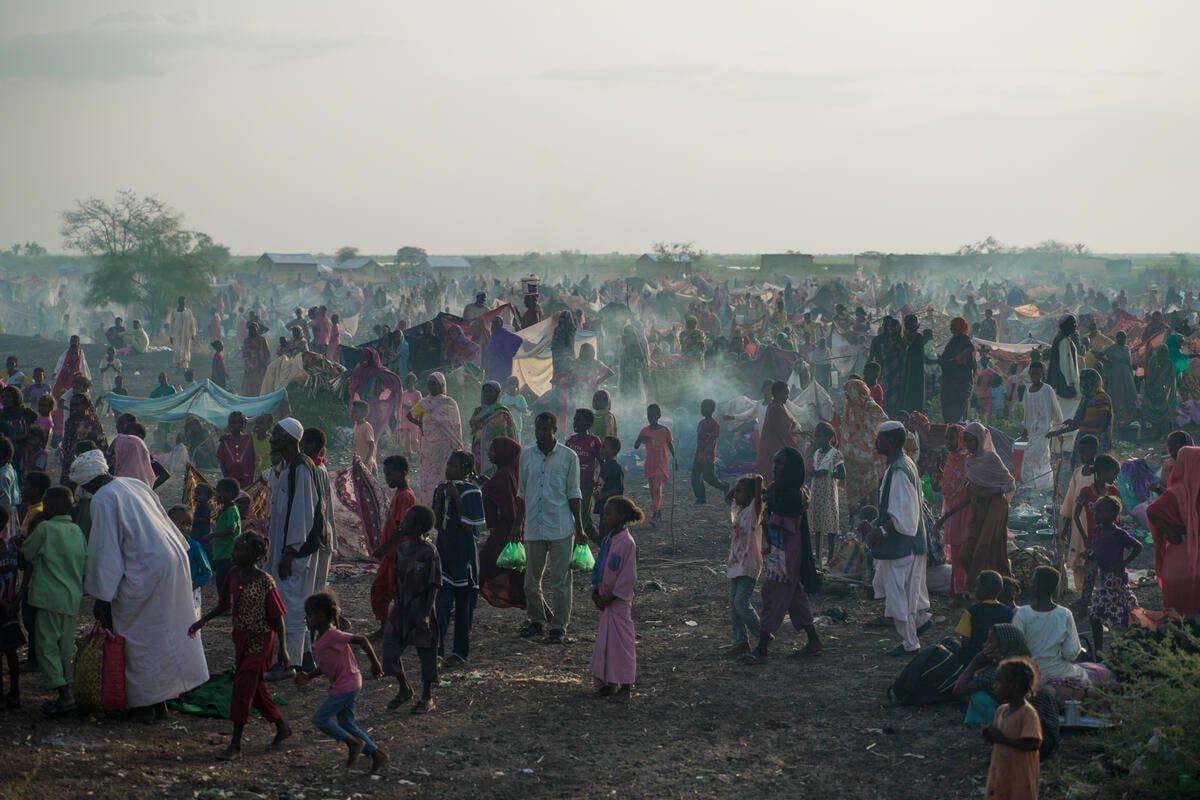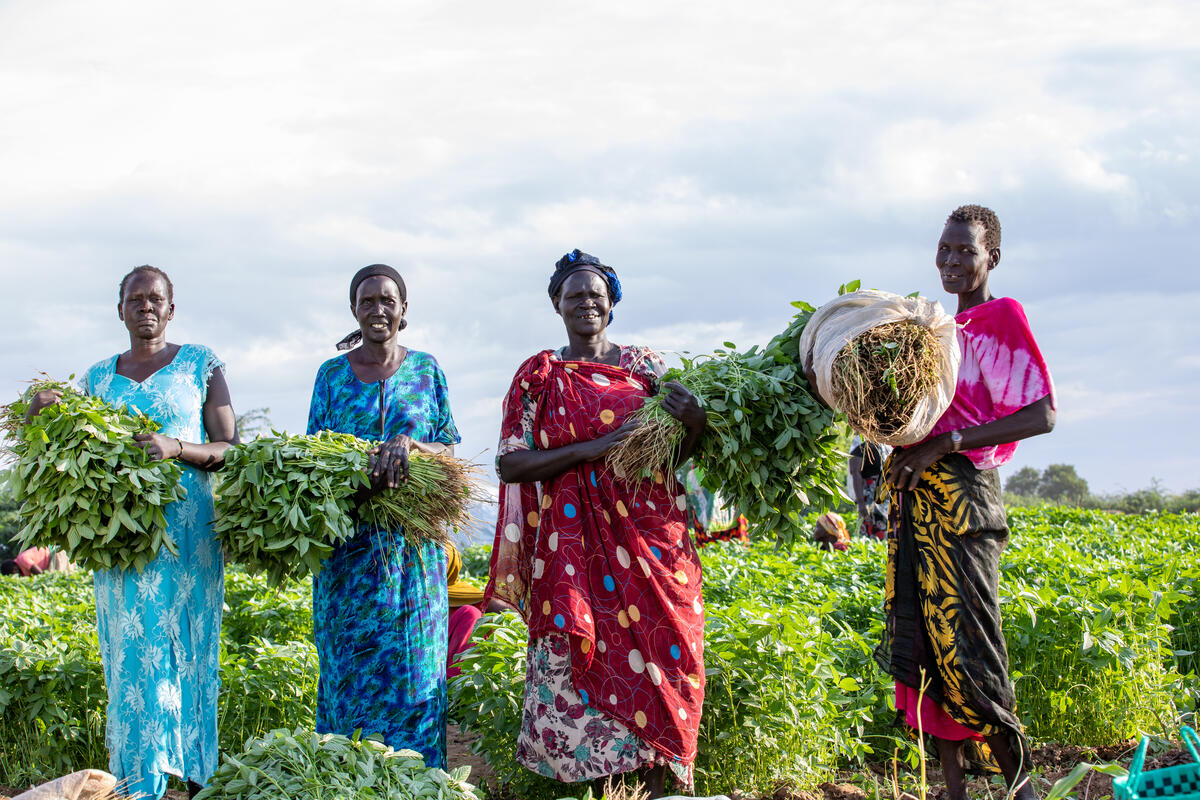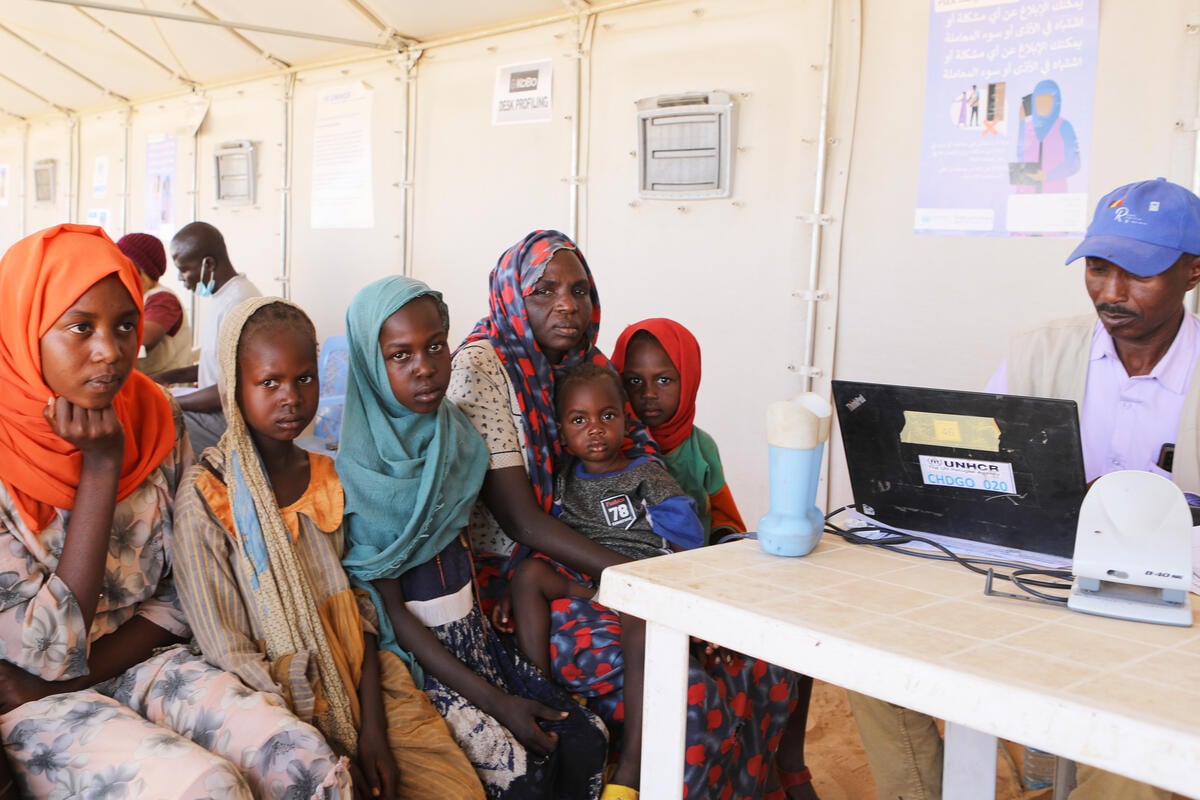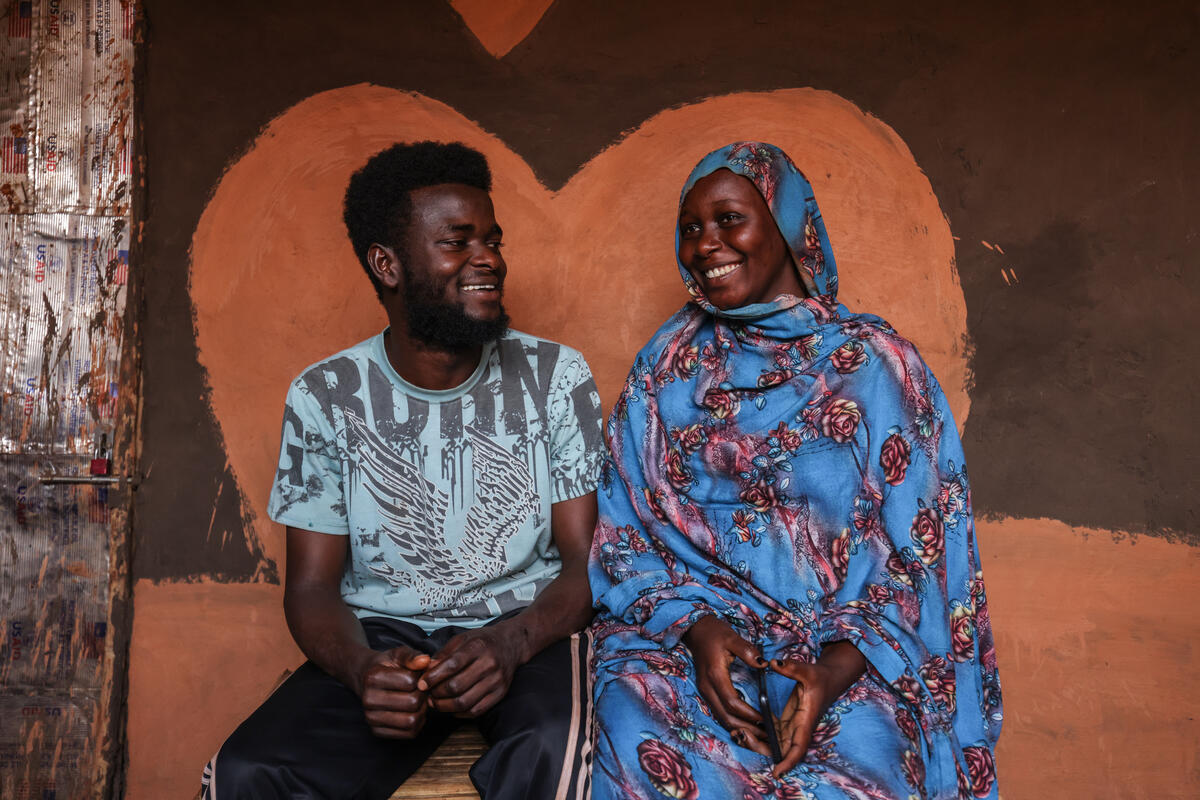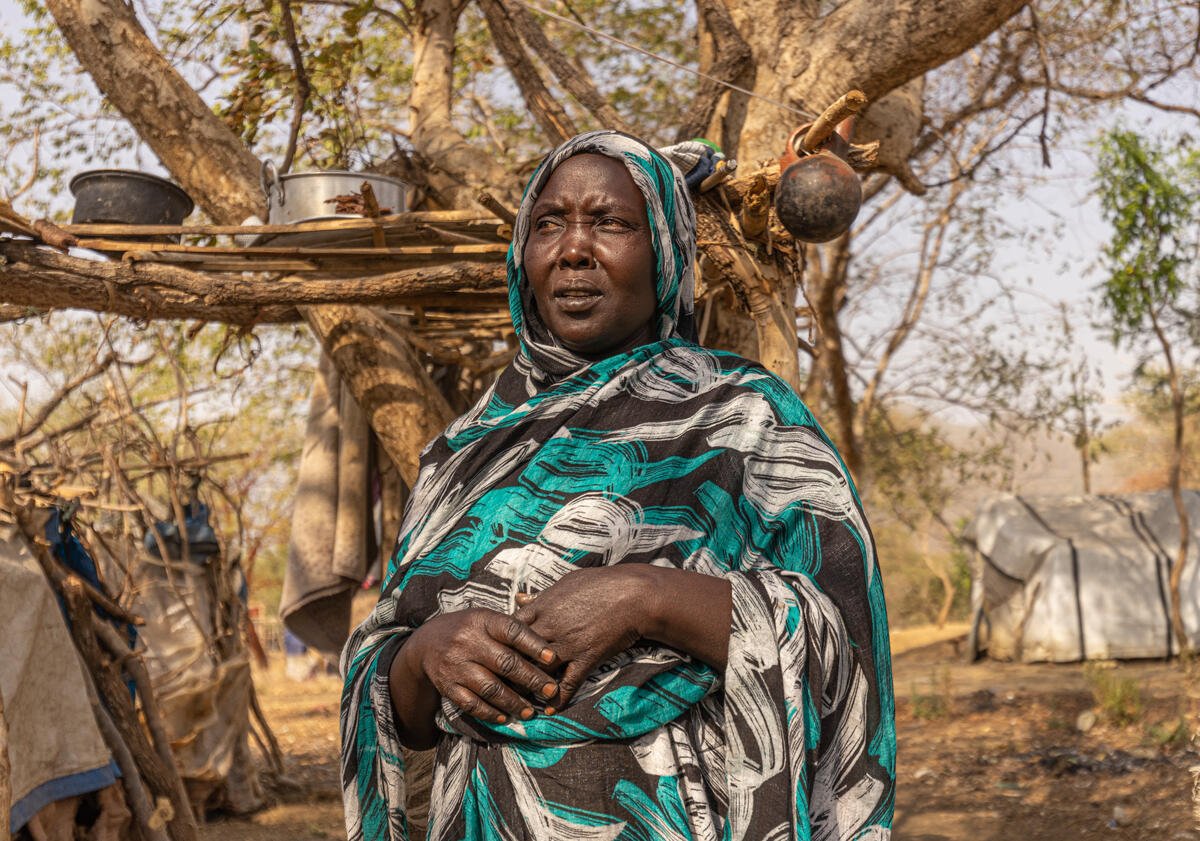Sudan begins issuing ID cards for South Sudanese
Sudan begins issuing ID cards for South Sudanese
In Sudan, the Government has started to register South Sudanese people living there and issuing ID cards giving them the right to work and access to basic services. This started on 1 February and is the result of an agreement signed in December between UNHCR, Sudan's Commissioner for Refugees and the Directorate General of Passports and Immigration. Over 54,000 South Sudanese have been registered and nearly 37,000 identity cards have been produced so far.
Under the agreement, registered South Sudanese over the age of five are given an ID card for the duration of their entire stay in Sudan. With this card, they will have the same rights as Sudanese citizens. They have the right to work and buy property, as well as freedom of movement and to live anywhere in the country. They will now also have access to the same services as Sudanese citizens.
An estimated half a million South Sudanese are living in Sudan. This includes the 120,000 who have fled there since December 2013 when South Sudan's conflict erupted, and an estimated 350,000 others who remained in Sudan after South Sudan's secession in 2011. Shortly after the violence broke out in South Sudan, the Sudanese government announced that South Sudanese should be treated as Sudanese citizens and has maintained an open door policy since then. Providing a legal proof of identity and the unrestricted right to stay in the country for as long as the conflict continues represent major protection safeguards against forced return.
UNHCR is supporting the implementation of this initiative, both financially and with technical capacity. Registration centres have been established in 12 sites in Khartoum State, where the exercise is expected to continue until March before being rolled out to other locations across the country. White Nile State, where an estimated 66,000 South Sudanese refugees live in six sites will be the next location. Subsequently, registration and provision of ID cards will continue in other states over an 18-month period. After that, various mobile units will be maintained to register new arrivals from South Sudan.
Since the start of the South Sudan emergency, UNHCR and partners have assisted over 84,000 South Sudanese arriving in Sudan. In sites in White Nile State, South and West Kordofan, basic needs have been progressively met through the establishment and expansion of essential services by government counterparts, the Sudanese Red Crescent Society, UN agencies and NGOs. In Khartoum, over 3,000 families have been assisted with basic items, such as mats, blankets, jerry cans and cooking utensils to improve their living conditions. Identifying vulnerable people and providing them with assistance remained a key focus of the response countrywide. We carry out family tracing and reunification for unaccompanied and separated children, livelihoods initiatives for women at risk, and material assistance to elderly and disabled South Sudanese.
Violence in South Sudan has displaced over 2 million people during the last 14 months, including more than 500,000 who fled across the border to neighbouring Ethiopia (196,000), Kenya (45,000), Sudan (121,000) and Uganda (144,000).
For more information on this topic, please contact:
- In Khartoum, Nicolas Brass on mobile +249 9121 79443
- In Khartoum, Mohamed Elfatih Elnaiem on mobile +249 91 230 8842
- In Geneva, Adrian Edwards on mobile +41 79 557 9120
- In Geneva, Karin de Gruijl on mobile +41 79 255 9213


